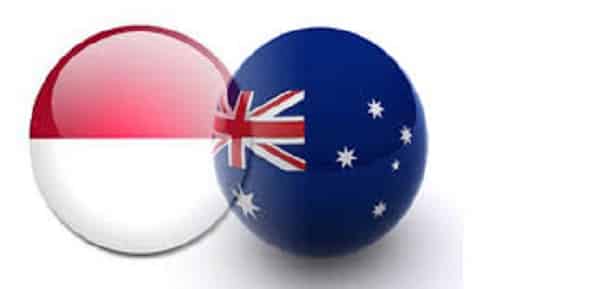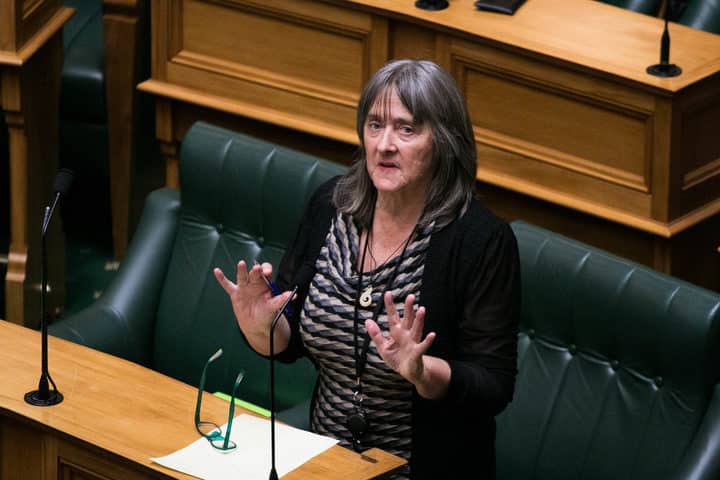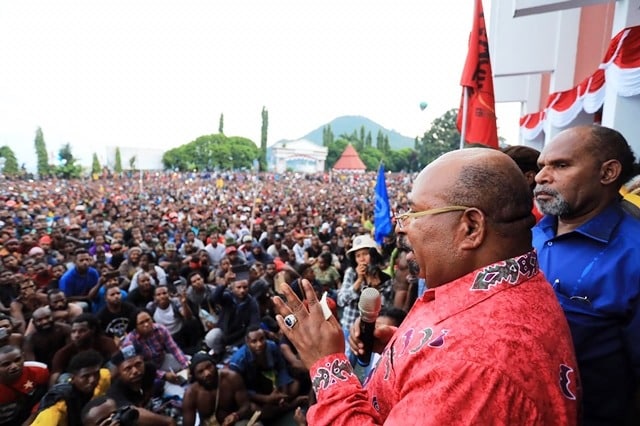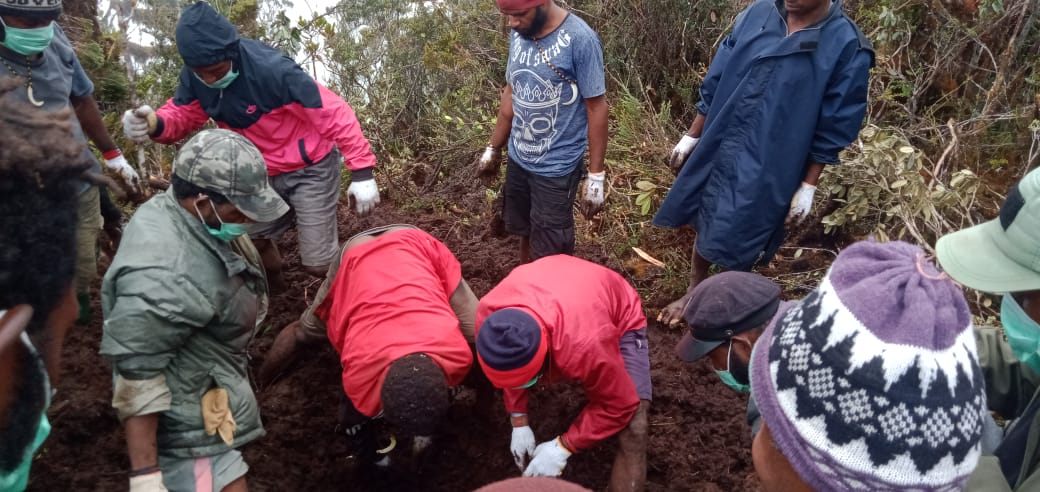
By Olivia Tasevski
History shows that the province has been a perennial problem for the Australia-Indonesia relationship, writes Olivia Tasevski.
In January 2017, Australia and Indonesia suffered yet another diplomatic spat due to Indonesian displeasure over West Papua-related training materials used by the Australian Defence Forces (ADF) at an Australian military base in Perth.
But, tensions over West Papua are not new in the Australia-Indonesia relationship, with the Indonesian province being a perennial source of strain since the 1950s.
In 1949, Indonesia gained independence from the Netherlands, who did not relinquish control over the nearby territory of West New Guinea (later known as West Papua). Despite Dutch opposition, Sukarno, the first leader of newly-independent Indonesia, began expressing his desire to annex West New Guinea (WNG) on the grounds that it constituted a part of Indonesia as they had both been Dutch colonies. In 1961, Sukarno sent troops into WNG.
From 1950 until early 1962, the Australian government, led by Robert Menzies, staunchly opposed Indonesia seizing WNG and supported Dutch retention of the territory as it feared that if Sukarno held WNG, he would soon seek to add the Australian trust territory of Australian New Guinea. Canberra’s opposition towards Indonesia’s claims over WNG resulted in a serious deterioration in Australia-Indonesia relations until early 1962, when the Australian government finally conceded to Indonesia’s claims over WNG.
Despite the fact that all Australian governments since 1962 have supported Indonesian sovereignty over West Papua, in 2006, West Papua again became a sticky point in the two countries’ relationship. At that time, 43 pro-independence Papuans arrived in Australia by boat seeking asylum on the grounds of persecution by the Indonesian government and were subsequently granted sanctuary in Australia. Indonesia’s then president, Susilo Bambang Yudhoyono, responded by temporarily recalling Indonesia’s ambassador to Australia, Hamzah Thayeb.
The Indonesian government’s hostile and unprecedented reaction was unsurprising as the provision of asylum to these Papuans provided legitimacy to Papuans’ longstanding claims of repression by the Indonesian government, and legitimised the Papuan independence movement, which has been opposed by successive Indonesian governments.
This January was yet another example of how quickly the issue can lead to a stand off. Indonesia temporarily suspended language training courses with Australia due to the aforementioned West Papua-related training materials, which offended an Indonesian military officer working as a language trainer at the base. The material purportedly included homework that suggested that West Papua should have independence, a view steadfastly opposed by Indonesian President Joko Widodo and his predecessors.
The West Papua lobby in Australia has also contributed to tensions in the Australia-Indonesia relationship, notably via a pro-Papuan independence activist raising the Morning Star flag (the flag of the Papuan independence movement) on the roof of the Indonesian Consulate-General in Melbourne in January 2017. This action was significant as the Morning Star flag is banned in Indonesia. Individuals who have attempted to raise the flag in Indonesia have, at times, been subjected to prolonged jail terms.
The raising of the Morning Star flag at the Consulate-General was predictably condemned by the Indonesian Foreign Minister, Retno Marsudi, who labeled the act “completely intolerable.” Retno also publicly chided Australia’s decision to not immediately arrest the individual involved in the flag raising.
West Papua is highly likely to continue to negatively impact upon Australia-Indonesia relations in the future, particularly since Australia’s support for East Timor’s independence from Indonesia in 1999 now means that many Indonesians fear that Australia will eventually support West Papuan independence or has strategic designs on the province.
The continued existence of a West Papua lobby in Australia alongside the continued perpetration of human rights abuses by Indonesian forces in the region will also ensure that West Papua remains a sore point in the relationship between Canberra and Jakarta in the years to come.
*Olivia Tasevski is a Politics and International Studies tutor at the University of Melbourne, where she completed her Bachelor of Arts (Honours) and Master of International Relations.
Source: New Mandala
















